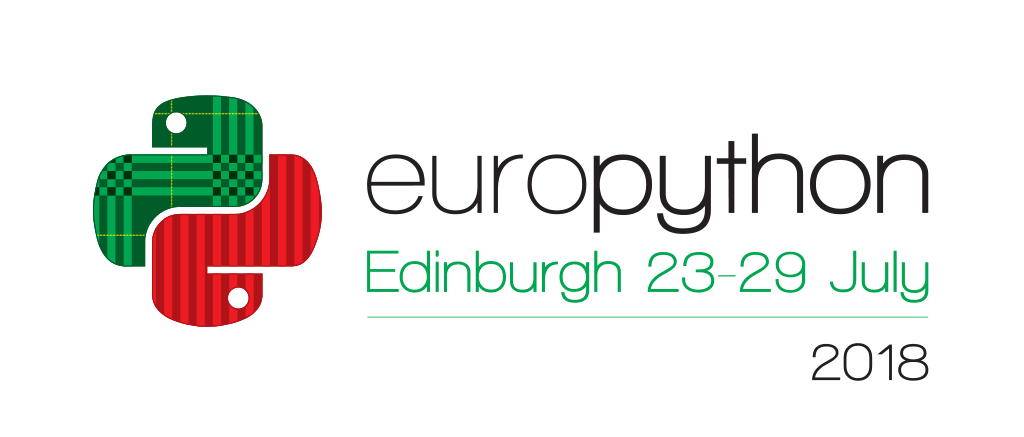Talk Voting
Talk voting was open until Sunday, May 27. Thanks for all your votes!
Since you are the one who wants to attend the conference,
we think you deserve a chance to tell us which talks you'd like to see most.
This is what talk voting is all about.
If you think that's an interesting approach, please read on.
Who can participate?
To be eligible to vote for talks, you need to be a registered attendee of the current EuroPython, or attendee of a EuroPython conference since 2015. If you have submitted a proposal this year, you are also eligible to vote.
How talk voting works
The talk voting page lists all submitted proposals, including talks, trainings and posters.
At the top of the page you find a few filters you can use to narrow down the list by e.g. selecting tags you're interested in or only show one type of proposal and also to select the sorting order.
For each submission, you can find the talk title with a link to the talk page.
In order to vote, have a look at the title/abstract and then indicate your personal interest in attending this session. We have simplified the voting process and you may chose between these four options: “must see”, “want to see”, “maybe” and “not interested”.
If you have questions about the talk, you can go to the talk page and enter a comment.
Note that your votes are automatically saved to the backend without the need to click on a save or submit button.
Talk selection
After the talk voting phase, the EuroPython Program Workgroup (WG) will use the votes to select the talks and build a schedule.
The majority of the talks will be chosen based on the talk voting results. Part of the available slots will be assigned directly Program WG based on editorial criteria to e.g. increase diversity or give a chance to less mainstream topics.
In general, the Program WG will try to give as many speakers a chance to talk as possible. If speakers have submitted multiple talks, the one with the highest rate will most likely get selected.
Schedule announcement
We hope to have the selected talks announced by the end May, with the schedule following shortly thereafter. As always, we will make these announcement on our usual news channels.
